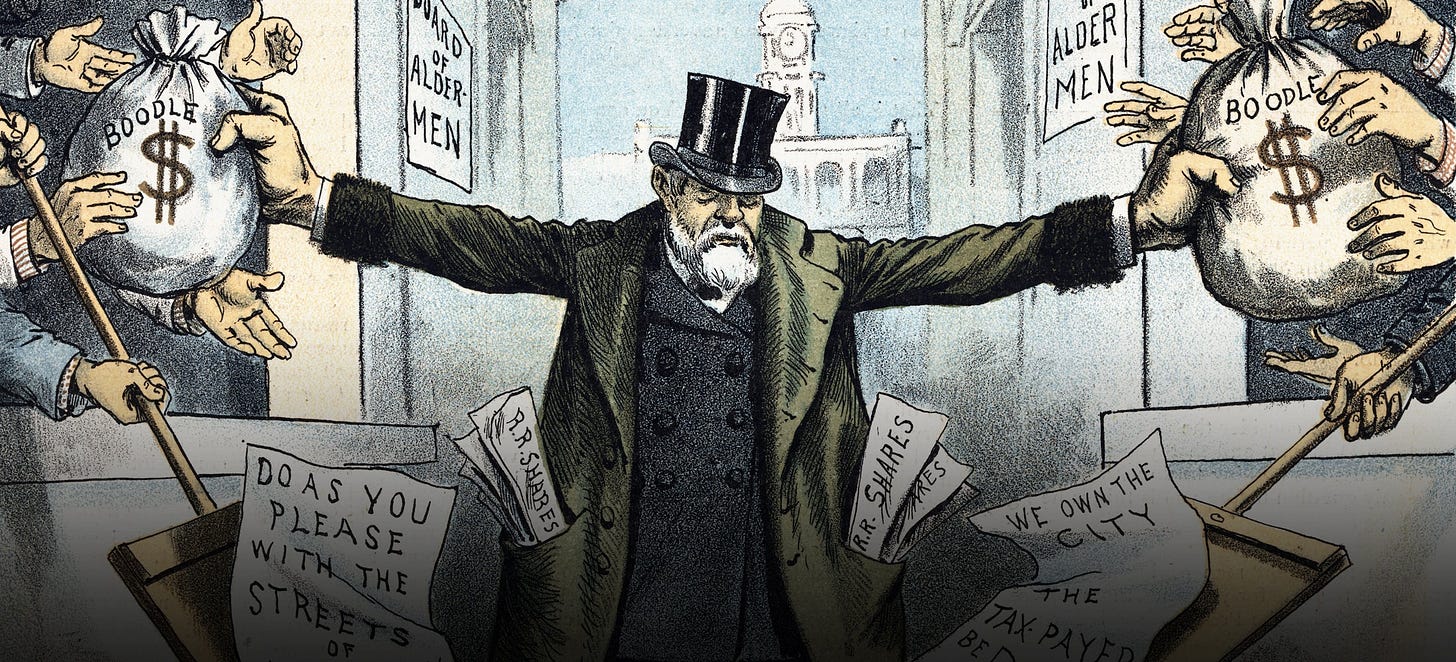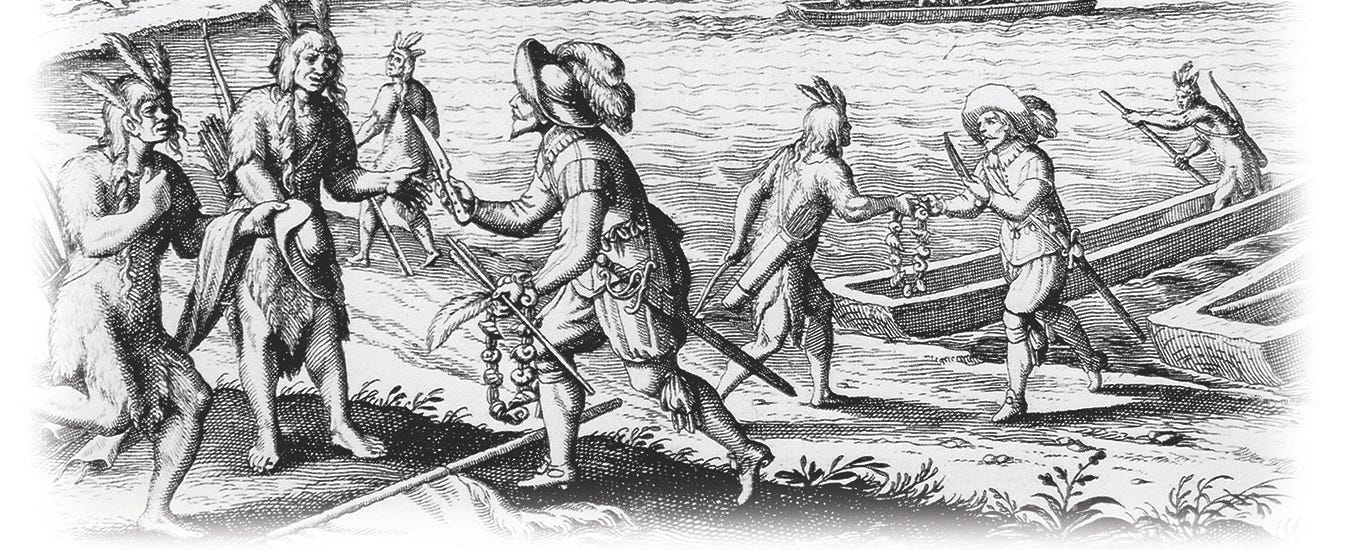Colonial Abuse, Resource Robbery & Political Corruption in Newfoundland
Newfoundland and Labrador wasn’t just settled. It was seized. It was stripped. And for the last 400 years, it’s been passed around like a bloody coin in the hands of kings, merchants, and politicians who saw this island not as a home—but as a harvest.
From the extinction of the Beothuk, to the indentured fishermen traded like cattle, to the modern scandals hidden under red tape and NDAs, Newfoundland has long been a place where power came from ownership—of people, of land, of silence.
Let’s talk about the real legacy of Newfoundland:
Colonial abuse, government corruption, and the generational curse of resource exploitation.
“They Took the Land, and Then They Took the People”
Let’s go back—way back.
The first to suffer? The Beothuk. They didn’t vanish. They were cut off, starved out, and exposed—to disease, violence, and erasure.
European settlers—mostly British and French—staked claims on the island’s most fertile coasts. Not through treaties. Not through negotiations. But through occupation. They took the salmon rivers. The seal beaches. The cod grounds. And left the Beothuk with nothing.
By the late 1600s, the Beothuk were pushed inland, away from their food sources and ancestral territory. Tuberculosis, malnutrition, and isolation took the rest.
There were no French-Indigenous alliances like in Nova Scotia. No Mi’kmaq-style mutual agreements. Newfoundland’s Indigenous people were simply displaced and ignored until they were dead.
And when they were gone?
The land became “available” to fish, mine and sell.
The Merchants’ Empire – “You Owe Us”
Keep reading with a 7-day free trial
Subscribe to The Newfoundland History Sleuth to keep reading this post and get 7 days of free access to the full post archives.





